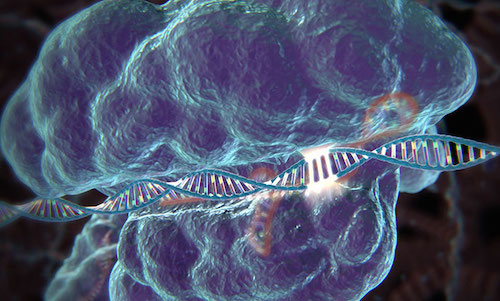Channels
Special Offers & Promotions
Desktop Genetics Partners with Transcriptic Inc
Collaboration aims to reduce the complexity, costs and time involved in CRISPR/Cas9 gene editing
Desktop Genetics Ltd a software company revolutionizing the way biologists use CRISPR/Cas9 gene editing technology, announced today that it has signed a partnership agreement with Transcriptic Inc, a California based robotic cloud laboratory for life sciences.
The partnership, announced at the SynBioBeta conference, will combine DTG’s CRISPR/Cas9 design software with Transcriptic’s services for cloud-based, high throughput cloning of CRISPR constructs, which will enable to companies to provide customers with seamless “CRISPR gene editing on-demand”. From today, researchers in industry and academia will be able to benefit from access to the integrated offering, which aims to eliminate time-intensive manual steps involved in the gene editing process to reduce the complexity, costs and time required to modify any gene in any organism or cell line.
Under the terms of the agreement, DTG will provide proprietary, high-performance CRISPR library design algorithms from the DESKGEN gene-editing platform, while Transcriptic will conduct the automated, high-throughput assembly of the CRISPR libraries using their self-contained robotic molecular biology labs, known as Workcells. Through a simple web browser interface, customers will have full input on experimental design parameters and will effectively eliminate several time-intensive manual steps involved in the gene editing process.
Riley Doyle, CEO of DTG, commented: “Most labs are limited to an output of around eight cell lines per year. This partnership will allow our customers to scale their research by orders of magnitude by addressing several key bottlenecks, namely the enormous up-front capital expenditure required to set up high-throughput genome editing facilities, and an onerous CRISPR design process. I am also tremendously excited about optimizing our CRISPR/Cas9 design rules by generating the extensive and sufficiently consistent datasets required to employ our machine learning approaches.”
Yvonne Linney, COO of Transcriptic, commented: “Combining our workflows with DTG will offer the fastest method of progressing from sequence design to high throughput molecular biology. By removing human error from tedious cloning steps at the bench, researchers will benefit from unmatched reproducibility which in turn will increase the efficiency in downstream cellular analysis.”
Media Partners



